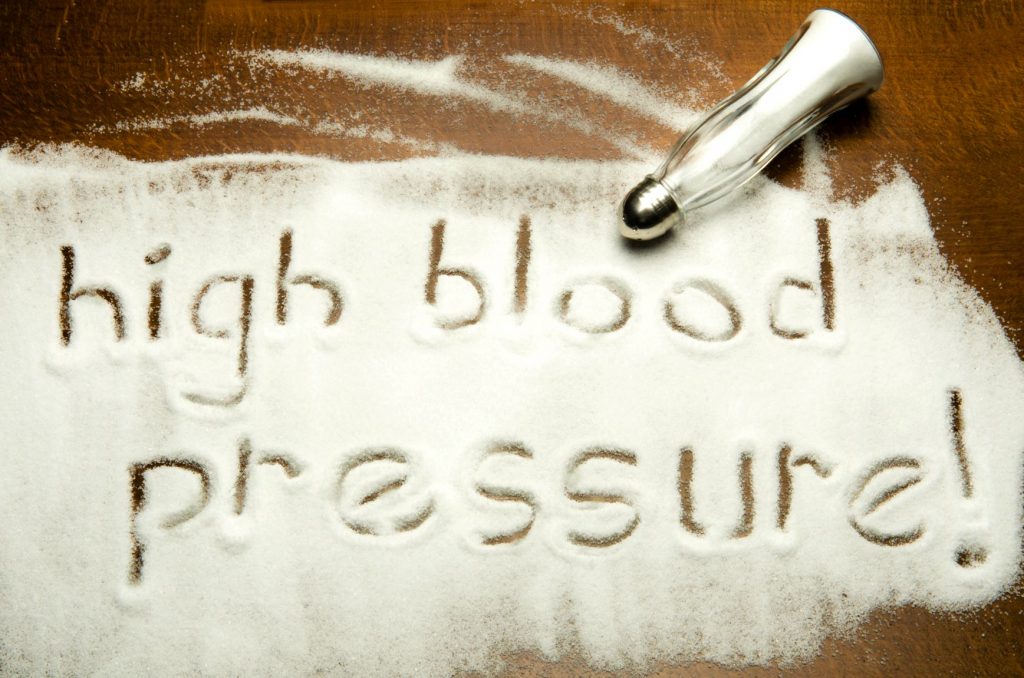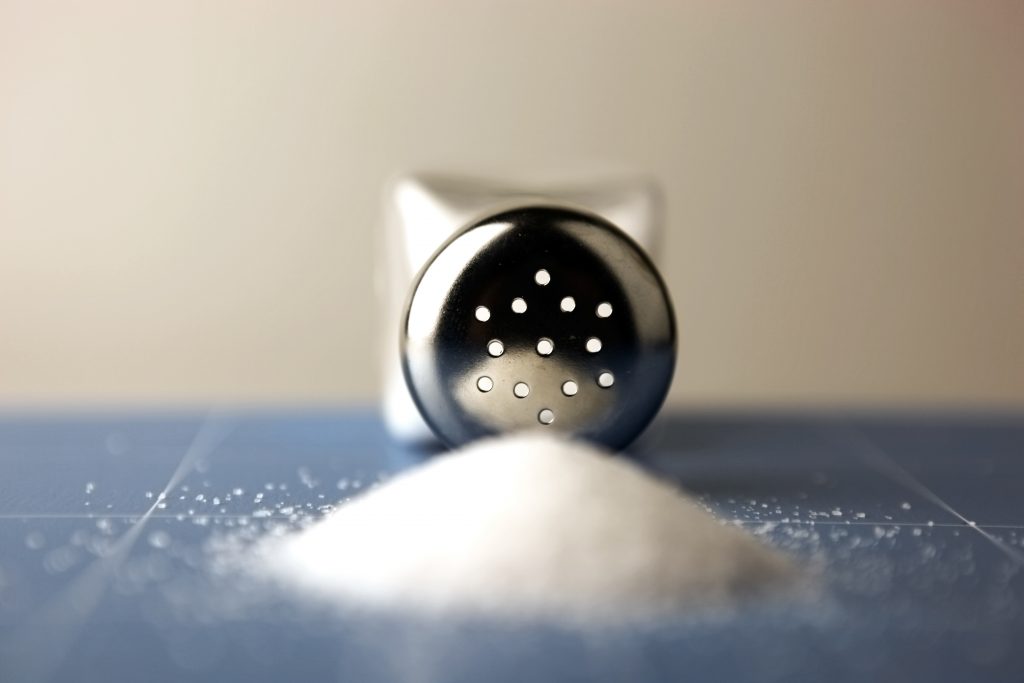Salt intake and blood pressure in Iranian children and adolescents: a population-based study

Published in BMC Cardiovascular Disorders on the 2nd of February 2021, Emamian et al conducted a cross-sectional study to investigate the daily salt intake levels of schoolchildren aged 9-15 years, and its association with high blood pressure in an area with a high prevalence of hypertension (Shahroud, northeast Iran). A subsample of 5,620 schoolchildren provided […]
Estimation of sodium and potassium intakes assessed by two 24-hour urine collections in a city of Indonesia

Published in the British Journal of Nutrition on the 26th of January 2021, Sari et al estimated the sodium and potassium intakes of Indonesian adults using two consecutive 24-hour urine collections. Adults aged 20–96 years were randomly selected to participate, from a pool of resident registration numbers. From the 528 people recruited, 479 people provided […]
Clinical Profiles and Factors Associated with a Low Sodium Intake in the Population: An Analysis of the Swiss Survey on Salt

Published in Nutrients on the 23rd of November, Burnier, Paccaud and Bochud conducted an analysis of the “Swiss Survey on Salt” with a focus on the clinical profiles and factors of people with low sodium intake. The “Swiss Survey on Salt” was conducted between 2010 and 2012 and included a random sample 1448 Swiss adults […]
Urinary Sodium and Potassium Levels and Blood Pressure in Population with High Sodium Intake

Published in Nutrients on 10 November 2020, Song et al conducted a cross-sectional analysis in 2,653 Korean adult men and women to examine the association between urinary sodium-to-creatinine ratio and potassium-to-creatinine ratio measured by overnight half-day urine samples with blood pressure. A validated food frequency questionnaire was also used to assess food intake. The study […]
Change in mean salt intake: 24-h urine versus overnight and spot urine samples

Published in the Nutrition Journal on 6th December 2020, Santos et al conducted a systematic review and meta-analysis to compare the estimates of change in mean population salt intake based on 24-h urine and overnight/spot urine samples. From 14 studies, the pooled mean change in salt intake was − 0.43 g/day (95% CI − 1.16 […]
The association between sodium and blood pressure is influenced by methods of evaluating the completeness of 24-h urine collections

Published in Nutrients on 11 September 2020, Abu Mohd Naser et al investigated whether different methods of evaluating the completeness of 24-h urine samples influences the association between sodium intake and health outcomes. A secondary analysis of three cohort studies from Bangladesh was conducted using cross-sectional sodium intake and blood pressure measures across several visits […]
Identifying sodium intake using dietary behaviours

Published in PLoS One on 15 September 2020, Okada and Takimoto conducted a cross-sectional analysis to develop a brief screening method for determining sodium intake in order to raise public awareness of Dietary Reference Intakes in Japan. Self-administered questionnaires from one-day dietary records by a semi-weighed method within the 2015 National Health and Nutrition Survey […]
Spot urine samples should not be used to examine sodium‐disease relationships

Published in the Journal of Clinical Hypertension on 10 September 2020, Peterson et al. conducted a systematic review on the use of spot urine samples to examine sodium-disease relationships. As part of the Science of Salt series of regularly updated reviews, this study critically appraised relevant studies from November 2018 to August 2019. Only two […]
High sodium and low potassium intakes in Kazakhstan using 24-h urinary sodium excretion

Published in the European Journal of Nutrition, Trieu et al analysed the data from two cross sectional surveys that collected 24-h urine samples from participants aged 25-64 years to estimate mean sodium and potassium intake and describe dietary knowledge and behaviour among adults in two different regions of Kazakhstan. The study found the weighted mean […]
A dose-response: reduction of blood pressure by restricting dietary sodium intake

Huang et al conducted systematic review and meta-analysis published in British Medical Journal that examines the dose-response relationship between a reduction in dietary sodium and change in BP. Measured using the gold standard, each 50mmol reduction in 24-hour sodium excretion was associated with a 1.10 mm Hg reduction in SBP and a 0.33 mm Hg […]